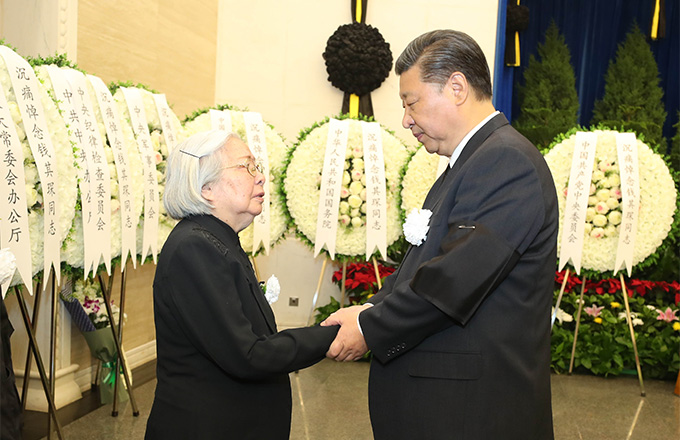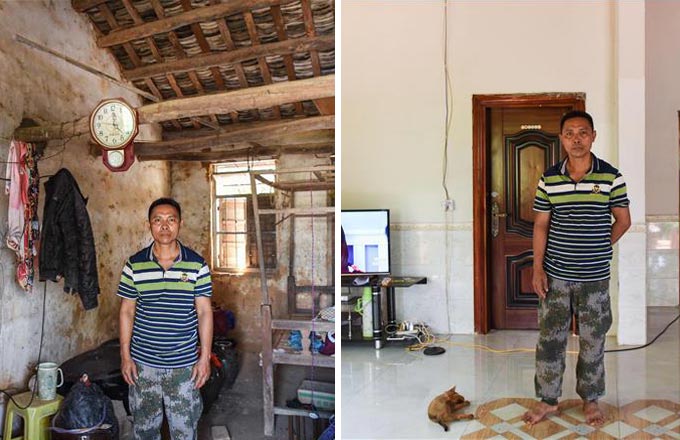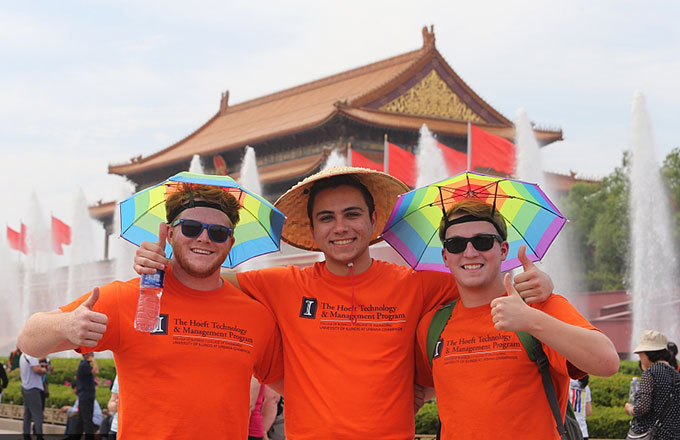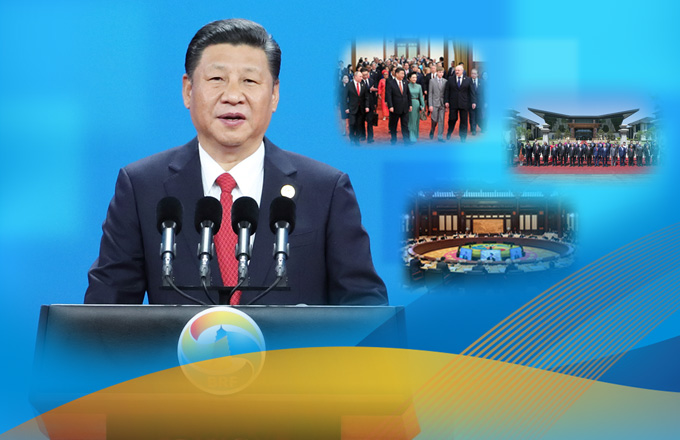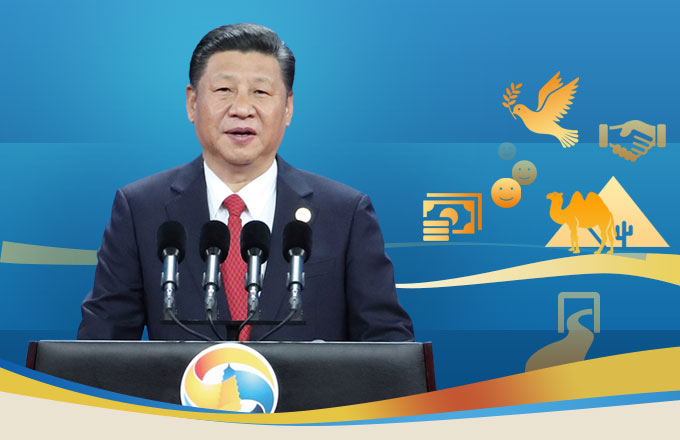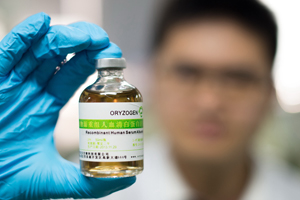Breast milk banks struggling to survive in China
TO PUMP OR NOT
Hong Jiangmiao rings a free number, and soon after a hospital car is on its way to her home, with a driver, nurse and the special equipment needed to collect her breast milk.
Hong has made more than twenty deposits to Beijing's first nonprofit breast milk bank, which was established in March 2016 by Taihe Maternity Hospital.
Taihe offers a home-visit service and rewards frequent donators with free baby swimming class.
"Many people don't donate because they don't know there is such a program," said Hong, 27.
Even Hong, herself, only recently heard about milk donation. She gave birth to her child in Taihe two months ago and was encouraged by nurses to donate her extra milk.
"We don't accept frozen milk, and we are aware that it is inconvenient to travel to the bank and undergo the complicated screening process," Wu Wenyi, who is in charge of the breast milk bank in Taihe, explained.
Despite strict screening, Wu said people are still concerned as, at the current time, there are no regulations managing breast milk banks in China.
"Making the system safer and ensuring that the sickest babies are given priority is also a major concern of many donors," Hong said.
Since its establishment, the Taihe non-profit milk bank has attracted 150 donors and collected around 50 liters of breast milk.
Official data showed that around seven percent of newborns in China are born premature every year. However, as Wu explained: "all banks in China face the same problem: the supply lags far behind demand."




